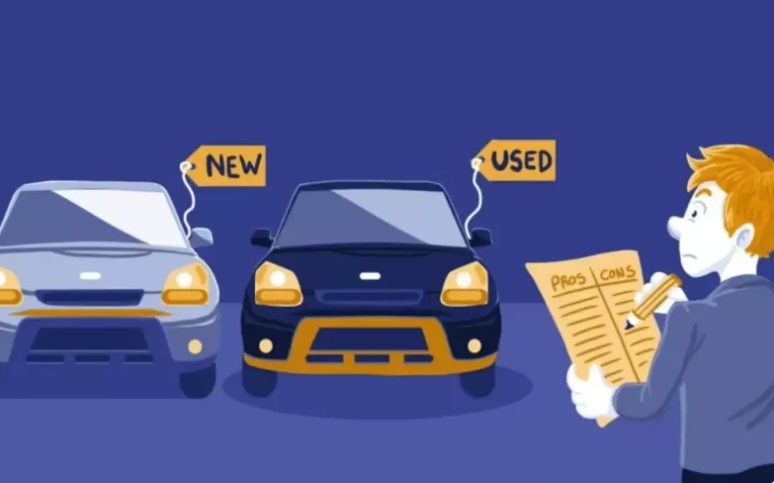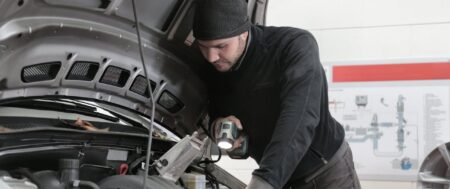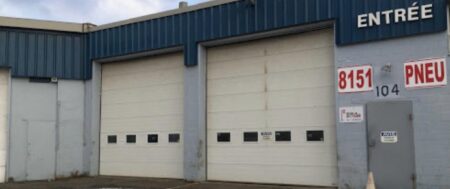When it comes to purchasing a vehicle, the decision between buying new or used can be challenging. Each option has its own set of advantages and disadvantages, and what’s best for you depends on your personal circumstances, needs, and preferences. Here’s a comprehensive look at whether buying a used car is a good choice.
The Advantages of Buying a Used Car
Cost Savings One of the most compelling reasons to buy a used car is the cost savings. New cars depreciate quickly, losing a significant portion of their value in the first few years. By purchasing a used car, you can avoid this initial depreciation and get more car for your money. Additionally, used cars often have lower insurance premiums, registration fees, and taxes.
Variety and Availability The used car market offers a vast array of choices across various makes, models, and years. This diversity allows you to find a vehicle that fits your specific needs and budget. Whether you’re looking for a reliable sedan, a rugged SUV, or a luxury vehicle, there’s likely a used option available.
Lower Depreciation While all cars depreciate, used cars do so at a slower rate compared to new cars. This slower depreciation means that the value of your investment will hold steadier over time. If you decide to sell the car later, you’re likely to recoup a higher percentage of what you paid for it.
Certified Pre-Owned Programs Many dealerships offer certified pre-owned (CPO) vehicles, which are used cars that have undergone rigorous inspections and come with extended warranties. These programs provide additional peace of mind, offering the benefits of a used car’s lower price with some of the assurances typically associated with new cars.
Reduced Environmental Impact Opting for a used car can be an environmentally conscious decision. Manufacturing a new car requires a significant amount of resources and energy. By buying used, you’re effectively recycling a vehicle, thereby reducing your carbon footprint.
The Disadvantages of Buying a Used Car
Potential for Higher Maintenance Costs Used cars, especially older models, may require more frequent maintenance and repairs compared to new cars. While you might save money upfront, it’s essential to factor in the potential for higher ongoing maintenance costs.
Limited Warranty Coverage Unlike new cars, which come with comprehensive warranties, used cars may have limited or no warranty coverage left. This means you could be responsible for repair costs if something goes wrong. However, CPO vehicles often come with extended warranties that can mitigate this risk.
Unknown History Even with a vehicle history report, there’s always some uncertainty when buying a used car. Previous owners may not have maintained the car properly, or it could have been in an accident that wasn’t reported. Thorough inspections and buying from reputable dealers can help mitigate these concerns.
Fewer Customization Options When you buy a new car, you have the option to customize it with the exact features and specifications you want. With a used car, you’re limited to what’s available on the market, which means you might have to compromise on certain features or settle for a car that isn’t exactly what you envisioned.
Conclusion: Is a Used Car Right for You?
Whether a used car is a good choice depends on your individual needs and circumstances. If you’re looking for a cost-effective way to get a reliable vehicle, and you’re willing to do some research and possibly compromise on certain features, a used car can be an excellent choice. The key is to approach the process with diligence: set a realistic budget, conduct thorough research, inspect potential vehicles carefully, and consider getting a professional mechanic’s opinion before making a purchase.
On the other hand, if you prioritize having the latest technology, features, and warranty coverage, and you’re less concerned about the higher cost and rapid depreciation, a new car might be the better option for you.
Ultimately, both new and used cars have their advantages and disadvantages. By carefully weighing these factors and considering your personal preferences, you can make an informed decision that best meets your transportation needs.












